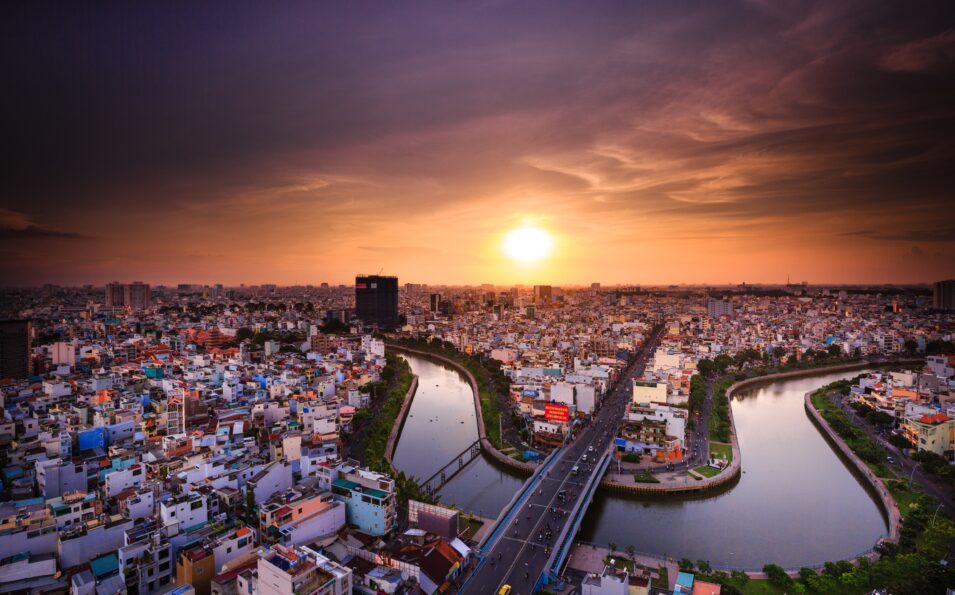Kenya is considered to be a global leader in the fight against plastic pollution. Despite recent national commitments and policies to reduce plastic pollution and increase recycling, Kenya struggles with plastic mismanagement and is in urgent need for improved waste management infrastructure and increased plastic collection.
Under the Save Our Seas Initiative, USAID is actively engaged in supporting the country’s efforts, which focus on implementing plastic policies, raising social awareness, especially among youth, and fostering private sector engagement to create a robust circular economy. By addressing these key areas through collaboration with local partners, USAID aims to mitigate plastic pollution while simultaneously creating job opportunities in the plastics value chain. The Agency partners with local organizations to establish aggregation hubs and increase plastic collection; assists the private sector in implementing Extended Producer Responsibility regulations; scales up plastic collection and recycling along the coast; and supports youth-led startups to address marine plastic waste in Mombasa’s informal settlements.
Current Programs
Unlocking the Plastics Value Chain
USAID is partnering with Trash Thread Textile (T3) to establish 12 aggregation hubs with baling machines, enabling individual collectors to sell their plastics at above-market rates and T3 to recycle five times more PET plastic. To manage these hubs, T3 collaborates with youth groups to form enterprises responsible for operations and maintenance. The activity aims to increase the volume of Kenya’s PET recycled plastic from 9 percent to 18 percent, boost incomes for 2,000 Kenyans, and reduce T3’s plastic carbon footprint by a third.
Plastics Producer Responsibility
In partnership with the Kenya Private Sector Alliance (KEPSA), USAID is assisting businesses to comply with the country’s regulation on Extended Producer Responsibility (EPR), which mandates that the private sector manages its plastic waste. By supporting the development of Producer Responsibility Organizations and strengthening the institutional capacity of the Kenya Plastics Pact, the project will help Kenya achieve its circular economy vision.
Coastal Plastic Circular Economy
To scale up their plastic collection supply chains and advance a circular economy waste management model across Kenya’s coast, the Watamu Marine Association is partnering with USAID to expand plastics collection and recycling operations in three coastal counties with the goal of diverting 1,080 metric tons of plastic waste and creating jobs for women and youth.
Mombasa Plastics Prize and Incubator
This USAID and Challenge Works activity supported 14 youth-led teams to create solutions that tackle marine plastic waste in Mombasa’s informal settlements. In its second incubator phase, the activity is helping nine of these youth innovation teams develop the skills to turn their ideas into viable green businesses.
Projects


